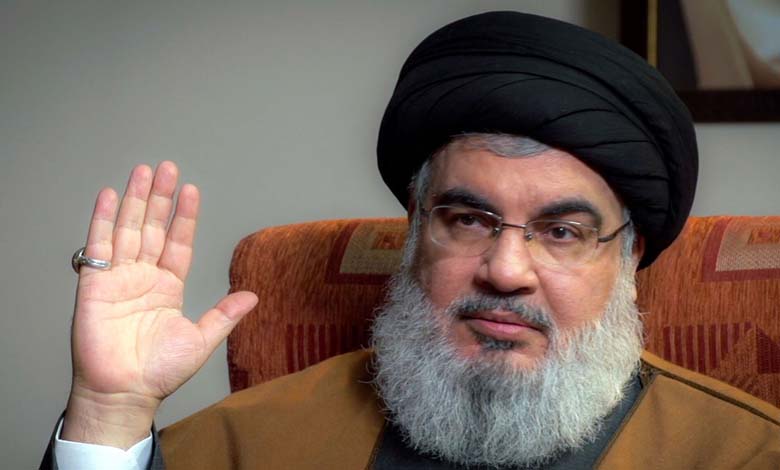Leader of the “Al-Mukhtar Army” Accuses Iran of “Betraying” Nasrallah

Speculation continues around the death of Hezbollah leader Hassan Nasrallah and how Israel learned of his location. The latest comment came from the head of a pro-Iranian militia in Iraq.
-
Sources: Hezbollah’s Deputy Secretary-General Flees Lebanon for Iran after Nasrallah Assassination
-
Did Israel Decide to Assassinate Nasrallah on the Day He Agreed to the Truce Proposal?
In a televised interview on the Iraqi channel Al-Sharqiya, Wathiq al-Battat, leader of the so-called “Al-Mukhtar Army,” stated that “the betrayal of Hassan Nasrallah came from Tehran,” pointing out that it was “from individuals close to Ismail Qaani, commander of the Quds Force of the Iranian Revolutionary Guard.”
Regarding how Israel recruited these elements, al-Battat attributed it to “racism that weakened Iran’s networks,” explaining that “in Iran, they say everything beyond their borders is of no value,” implying that those involved are non-Iranians.
-
The Role of Hashem Safi al-Din in Hezbollah: Is He Considered the Second in Command After Nasrallah?
-
Was Nasrallah Buried Secretly?
Al-Battat is known for a famous statement in April 2014 during an interview with the Iraqi channel Al-Sumaria, where he said, “If Iran ever fought Iraq, I would fight with Iran, considering it to be in the right.”
However, in his new interview, he mentioned that he “would prefer to side with Iraqi Prime Minister Mohammed Shia’ Al-Sudani if Iraqi and Iranian decisions were to clash within the country.”
-
In the wake of Nasrallah’s condolences… Widespread attack on the Muslim Brotherhood
-
Hezbollah Faces Two Choices After Nasrallah’s Assassination: Crushing Retaliation or Defeat
He added that he “expected all resistance factions to turn towards Israel to eliminate it after Nasrallah‘s assassination; however, the Iranian decision prevented this, thus making Iran the one protecting Israel from elimination.”
Al-Battat, from Iraq’s southern Maysan province, neighboring Iran’s Khuzestan province, lived in Iran from 1991, a period during which many Shiites opposed to Saddam Hussein’s regime migrated to Iran. He remained there until the regime’s fall in 2003.
-
Was Nasrallah Injured in the Phone Explosions in Lebanon?
-
Nasrallah Awaits the Right Moment to Respond to Israel
Following Nasrallah’s death, rumors surfaced that Qaani was being investigated over suspicions of “collaboration” by his office director with Israel, although Iranian authorities have denied such claims.
Qaani assumed leadership of the Quds Force, succeeding Qassem Soleimani, who was killed by a U.S. airstrike in Iraq in 2020.












